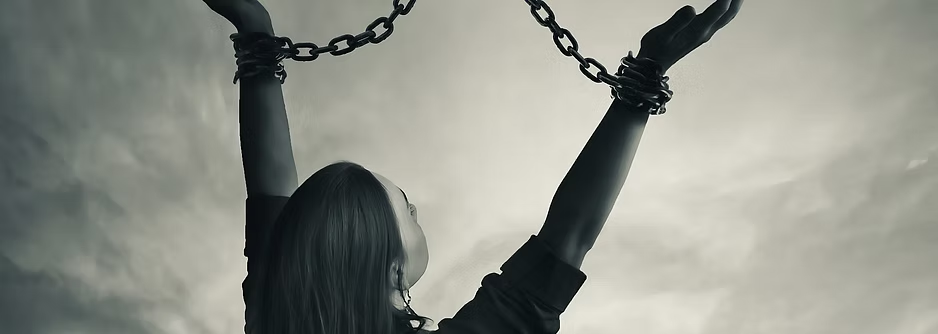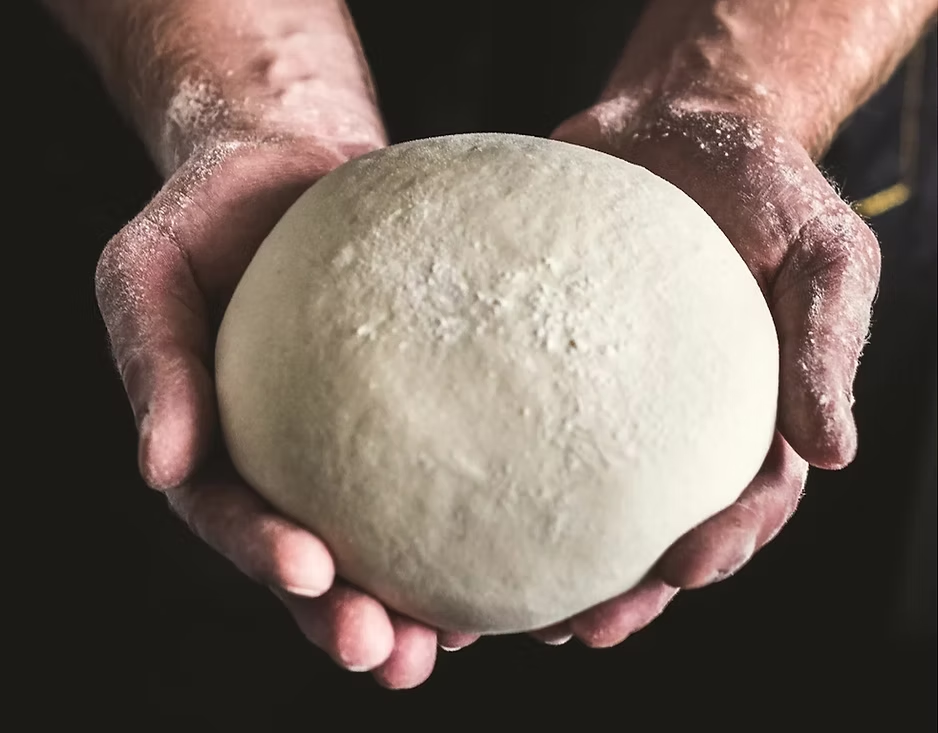In our era dominated by 24/7 news cycles, social media platforms, and the rapid dissemination of information, the phenomenon of “trial by media” has become increasingly common. This refers to the practice of judging individuals and cases in the court of public opinion rather than within the judicial system. While it may appear to be a tool for accountability and justice, trial by media undermines the very principles on which our legal system is founded. Here are six fundamental reasons why trial by media is detrimental to our society and the pursuit of true justice.
A cornerstone of our legal system is the presumption of innocence until proven guilty. Trial by media bypasses this essential principle by presenting unverified and sensationalized information as fact. The media’s rush to sensationalize stories and make swift judgments can irreparably damage a person’s reputation and life before they have the chance to defend themselves in court. Even if the accused is later found innocent, the presumption of guilt often lingers, causing lasting harm to their personal and professional life.
Media outlets are susceptible to bias, influenced by factors such as political agendas, ratings, and public opinion. When trials are conducted in the public eye, the information presented is often skewed and incomplete. This biased reporting leads to misinformation and public outrage, further eroding the possibility of a fair trial.
Trial by media can incite vigilante justice, where individuals take it upon themselves to punish the accused before any formal legal proceedings occur. This can result in online harassment, public shaming, and even physical harm. Vigilante justice not only undermines the legal system but also risks innocent people being wrongfully targeted.
High-profile cases tried in the media can make it difficult for potential jurors to remain impartial. Exposure to biased or sensationalized reporting prejudices potential jurors, making it challenging to assemble an unbiased jury. This jeopardizes the accused’s right to a fair trial and impedes the pursuit of justice.
The legal system faces significant pressure from trial by media. Prosecutors may feel compelled to hastily pursue charges to satisfy public opinion, while defense attorneys may struggle to counteract negative publicity surrounding their clients. This pressure can lead to rushed decisions, compromising the integrity of the judicial process.
The legal system is designed to provide a structured and systematic means for determining guilt or innocence, with safeguards such as rules of evidence, cross-examination, and the right to legal representation. Trial by media lacks these rigorous protections, leading to judgments based on incomplete and biased information. This undermines due process and results in miscarriages of justice.
While the media plays a crucial role in society by providing information and holding individuals and institutions accountable after a guilty verdict by a court of law, trial by media is a dangerous practice that undermines the principles of justice, fairness, and the rule of law. It leads to premature judgments, biased reporting, vigilante justice, and undue pressure on the legal system. To uphold the values of a just and fair society, it is essential to rely on the legal process, where the accused are given the opportunity to defend themselves and where guilt or innocence is determined based on evidence, not public opinion.



